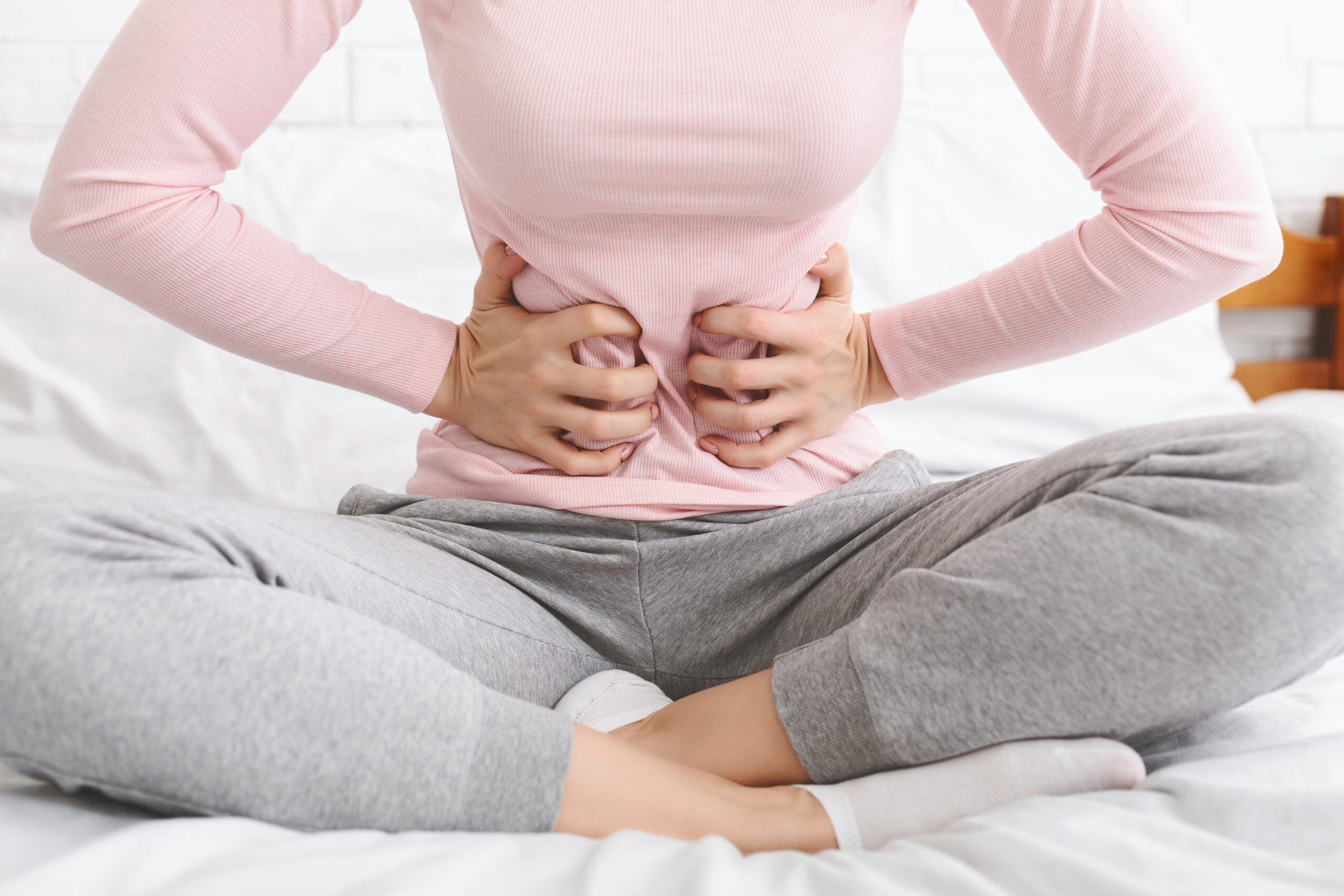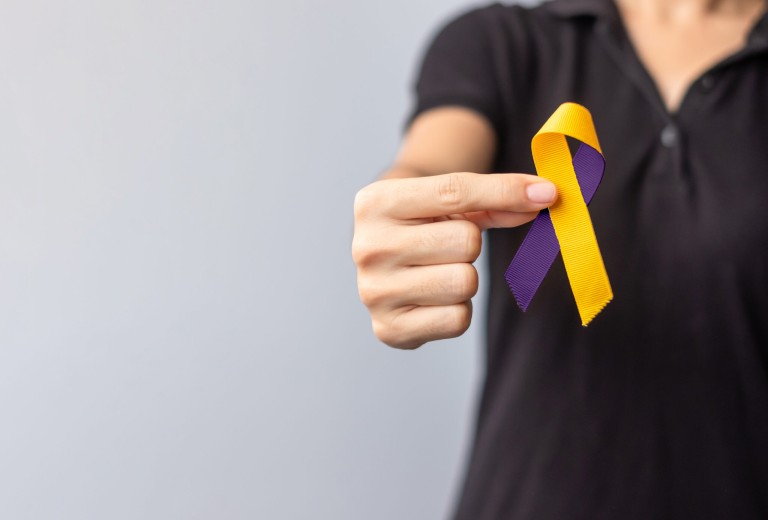Endometriosis
Endometriosis is a chronic condition that affects millions of women worldwide, causing pain, infertility, and a diminished quality of life. While conventional treatments, including surgery and hormone therapy, play a crucial role in managing the condition, many women turn to alternative medicine for additional relief from symptoms. This blog post explores various alternative medicine approaches that can help manage endometriosis pain.
Acupuncture
Acupuncture, a key component of traditional Chinese medicine, involves the insertion of fine needles into specific points on the body. It’s believed to stimulate the body’s natural painkillers and increase blood flow. Several studies suggest that acupuncture can be effective in reducing endometriosis-related pain by targeting inflammation and promoting relaxation.
Herbal Medicine
Herbal Medicine
Herbal medicine utilizes plants or plant extracts to treat various health conditions. For endometriosis, certain herbs are thought to have anti-inflammatory and hormone-regulating properties. Some of the herbs that have been studied for endometriosis include:
● Curcumin: The active ingredient in turmeric, known for its anti-inflammatory effects.
● Pycnogenol: An extract from the pine bark of the French maritime pine tree, which may reduce symptoms of endometriosis.
● Vitex (Chasteberry): Thought to regulate hormonal balance, potentially benefiting those with endometriosis.
Dietary Changes
Although no specific diet can cure endometriosis, certain dietary changes can potentially reduce inflammation and estrogen levels, possibly alleviating pain. Some recommendations include:
● Increasing omega-3 fatty acids found in fish like salmon and flaxseeds.
● Reducing red meat and increasing intake of fruits, vegetables, and whole grains to fight inflammation.
● Limiting foods that might increase estrogen levels, such as alcohol and caffeine.
Mind-Body Techniques
Mind-body techniques such as meditation, yoga, and deep-breathing exercises can help manage endometriosis pain by reducing stress and enhancing relaxation. Yoga, in particular, combines physical postures, breathing exercises, and meditation to improve mental and physical health. These practices can also improve sleep and reduce fatigue.
Physical Therapy
Physical Therapy
Physical therapy can be tailored to address the specific pain symptoms of endometriosis. Techniques may include pelvic floor therapy, which focuses on relaxing and strengthening the muscles in the pelvic area to relieve pain and improve function.
Nutritional Supplements
Nutritional Supplements
Certain nutritional supplements may also help manage endometriosis symptoms. Magnesium, for example, can help muscle relaxation and reduce cramping. Omega-3 supplements may reduce inflammation. However, it’s important to consult with a healthcare provider before starting any supplements, as they can interact with other medications.
Conclusion
Alternative medicine offers a range of options for women seeking to manage endometriosis pain alongside conventional treatments. It’s important to approach these alternative therapies as part of a comprehensive care plan and to discuss them with a healthcare provider to ensure they are safe and potentially effective for your specific situation. Remember, what works for one person may not work for another, so it may take some time to find the right combination of therapies that provide relief.





Leave A Comment